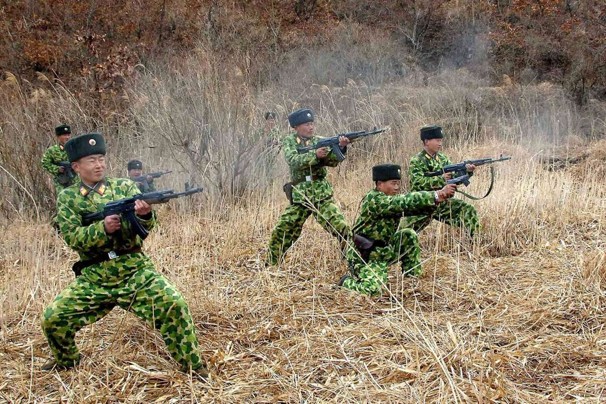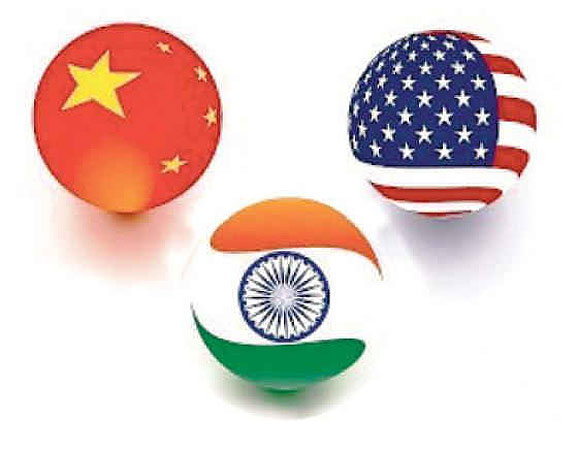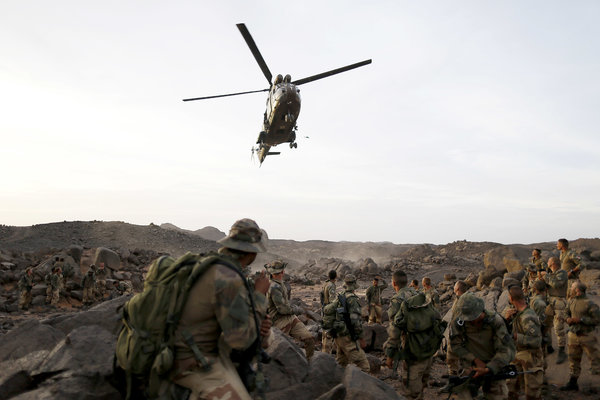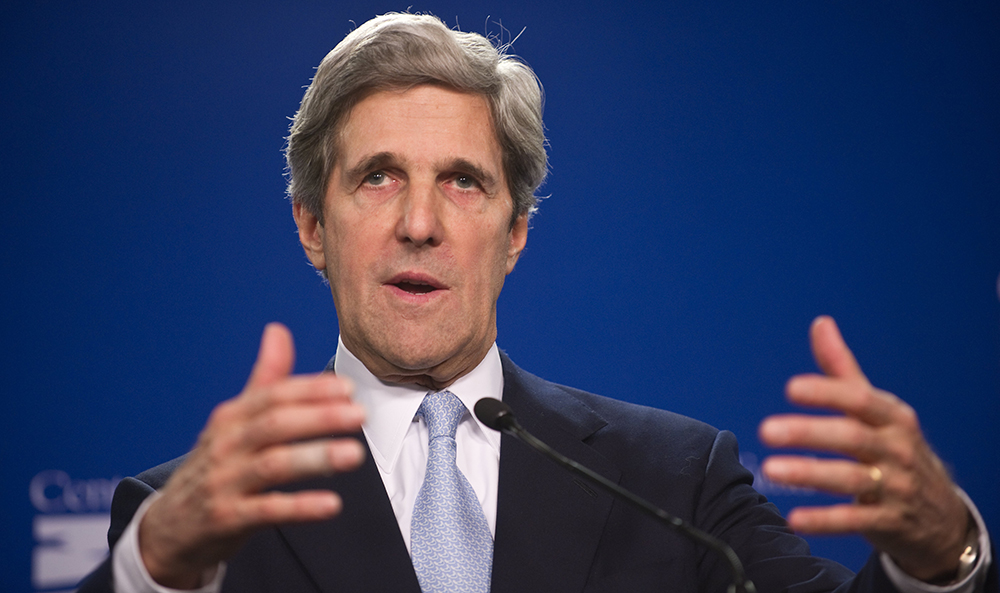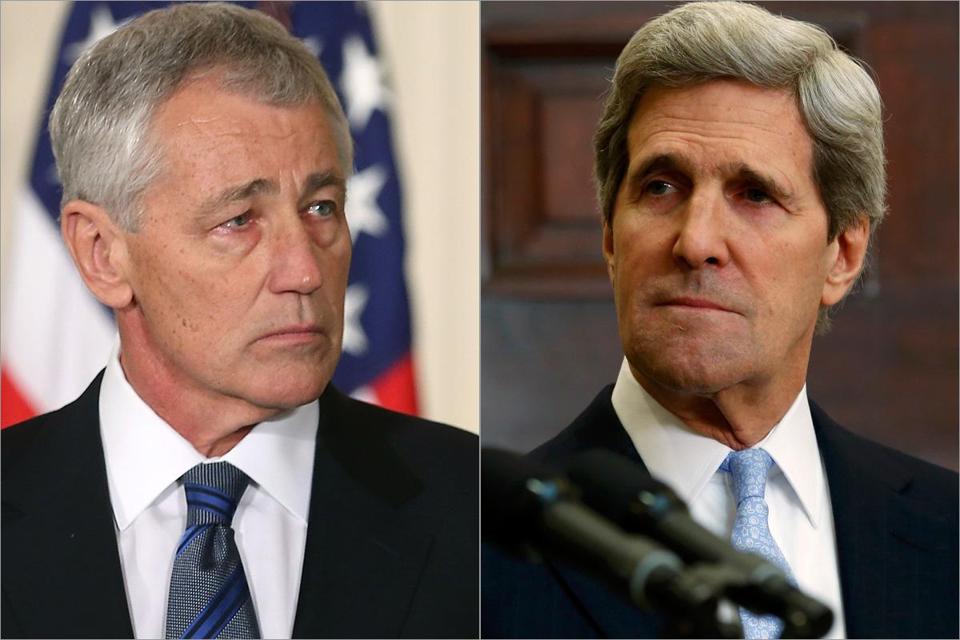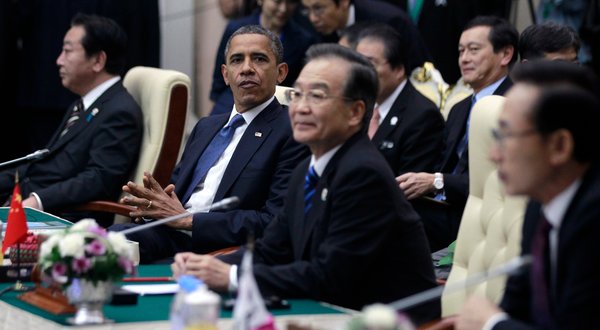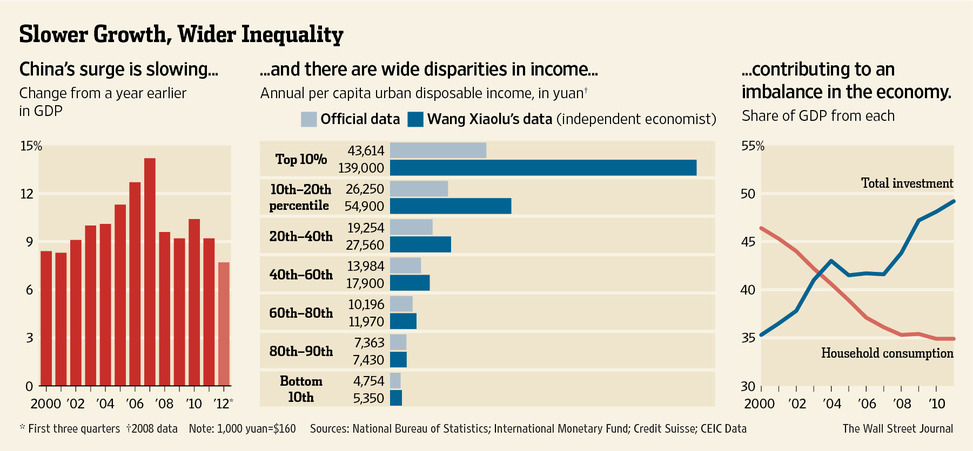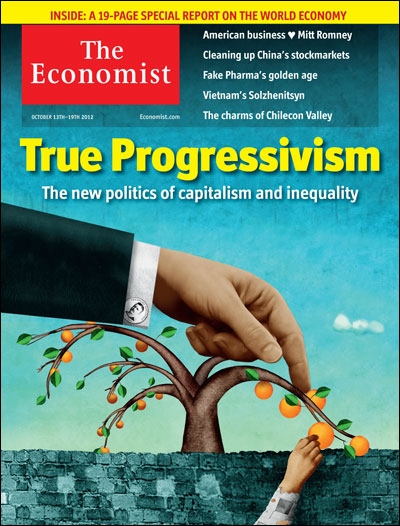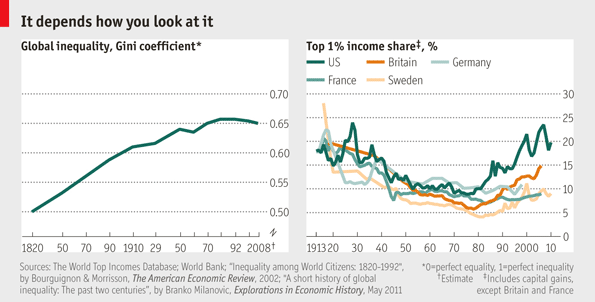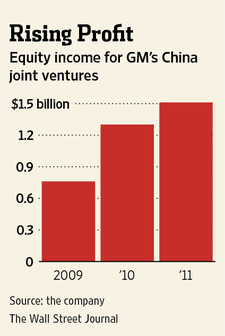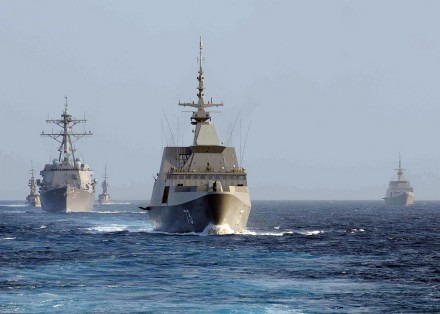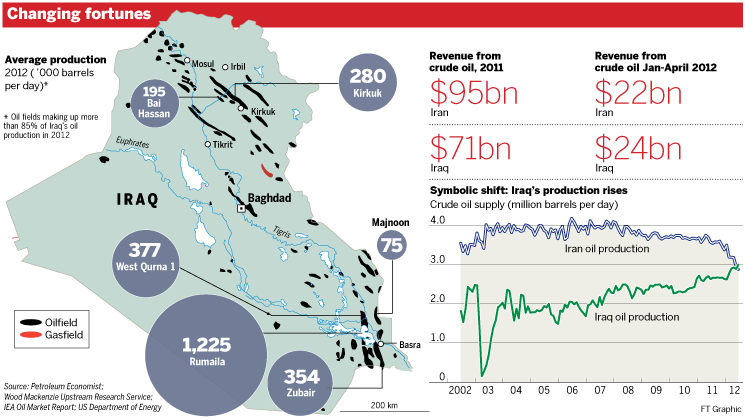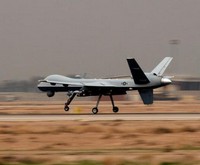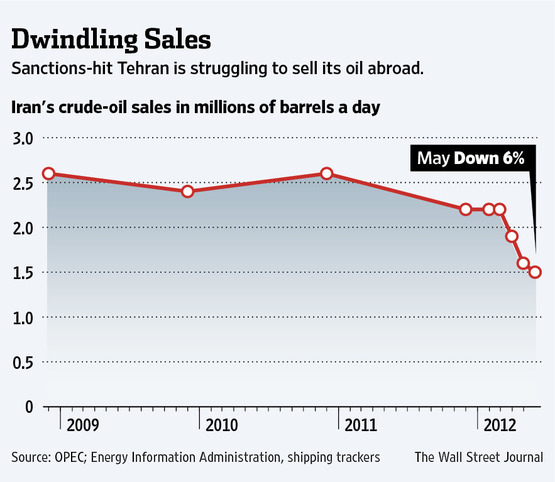Best analysis of US pull-out in Afghanistan
 Sunday, August 22, 2021 at 12:03PM
Sunday, August 22, 2021 at 12:03PM Entitled "Biden Pulled Troops Out of Afghanistan. He Didn't End the 'Forever War': Presidents since George W. Bush have fashioned a military strategy that knows no borders - and isn't dependent on boots on the ground"
Author is Samuel Moyn, Yale prof. Found here.
Years ago in The Pentagon's New Map I wrote that the "boys are never coming home."
And they still aren't.
Yes, their numbers will be much smaller because we'll fight very differently than in the past. We started the Global War on Terror with a Leviathan force but we're continuing it - forever - with the SysAdmin force that does not wage war on states but on individuals - the reality of US "war" going all the way to Noriega and Panama in the late 1980s.
That reality remains no matter how much we fantasize about high-tech wars with China - a total chimera for which we will still prepare (and waste untold sums - but not all) even as we continue to overwhelmingly operate with the SysAdmin force that does not seek to "win" so much as manage the world as we actually encounter it.
The key bits:
The hue and cry surrounding the collapse of the Afghan government and the fall of Kabul — the debate about who is to blame and whether President Biden erred in ending military support (and in how he did so) — should not distract from two important truths. The Afghan war, at least the one in which American troops on the ground were central to the outcome, was over long ago. And America’s ever-expanding global war on terrorism is continuing, in principle and practice ...
Biden’s withdrawal of those final troops is clearly significant. But setting aside today’s self-regarding American conversation — across mainstream media, Twitter and the like — about where and when “we” went wrong in our attempt to free Afghanistan, we should recognize that their departure in no way extricates America from its ongoing, metastasizing war on terrorism. When Biden declared in April, “It is time to end the forever war,” he was referring to a withdrawal of troops from Afghanistan. But the phrase “forever war” is better used to describe the expansive American commitment to deploy force across the globe in the name of fighting terrorism, a commitment that is by no means ending. In his extraordinary speech defending his actions Monday, Biden made this very clear, distinguishing the “counterterrorism” that the United States reserves the right to conduct from the “counterinsurgency or nation-building” that it is giving up.
The last bit oversells:
Beyond the genuine costs and humanitarian consequences of the fall of Kabul, which are not to be underestimated, the continuing reality is even scarier: The United States has over the past two decades created an all-embracing and endless war that knows few geographic bounds. Current events are likely to make that conflict even more permanent.
It's not "scarier" by any means. I think the author was just reaching for a punchy ending to his op-ed. Fighting a global, borderless war with the Leviathan force would be scary - and pointless. Doing the same with elements of the SysAdmin force, which pulls in technology and special forces and police and all sorts of other assets from allies around the world ... that is simply the reality born of 9/11, when we finally chose to embrace that global struggle years after it had embraced us.











